Weather Patterns
Weather patterns refer to the recurring meteorological conditions and events that are characteristic of a particular region over a long period of time. Understanding weather patterns is essential for predicting and preparing for weather-related phenomena such as storms, droughts, and heatwaves.
Factors Influencing Weather Patterns
Several factors influence weather patterns, including:
- Atmospheric Pressure: Variations in air pressure contribute to the formation of weather patterns.
- Temperature: The distribution of temperature across the Earth's surface influences wind patterns and precipitation.
- Wind: Wind patterns, such as the jet stream, play a crucial role in shaping weather patterns.
- Humidity: The amount of water vapor in the atmosphere affects the formation of clouds and precipitation.
- Ocean Currents: The movement of ocean currents influences the climate of coastal regions.
- Topography: The physical features of the Earth's surface, such as mountains and valleys, can influence local weather patterns.
Types of Weather Patterns
Weather patterns can be broadly categorized into several types, including:
- Global Wind Patterns: The prevailing wind patterns, such as the trade winds and westerlies, influence weather systems across the globe.
- Monsoons: Seasonal wind patterns that bring heavy rainfall to certain regions, such as South Asia.
- El Niño and La Niña: The periodic warming (El Niño) and cooling (La Niña) of the ocean surface that influence weather patterns worldwide.
- Storm Systems: The formation of cyclones, hurricanes, and tornadoes that follow specific patterns and tracks.
- Droughts and Heatwaves: Extended periods of dry and hot weather that can affect large regions.
Studying Weather Patterns
To understand and study weather patterns effectively, it is important to:
- Learn the Basics: Understand the fundamental concepts of meteorology, including the factors that influence weather patterns.
- Observe and Record: Keep a weather journal to observe and record local weather patterns, including temperature, wind speed, and precipitation.
- Use Technology: Utilize weather forecasting tools and software to analyze and predict weather patterns.
- Study Historical Data: Examine historical weather data to identify long-term patterns and trends in a specific region.
- Stay Informed: Stay updated with weather forecasts and reports from meteorological agencies to understand current weather patterns.
Remember, understanding weather patterns is a key aspect of environmental science and can help us adapt to and mitigate the impacts of changing weather conditions.
.◂Biology Worksheets and Study Guides High School. Human biology II
Worksheet/Answer key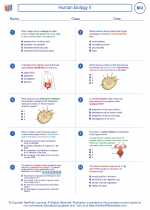 Human biology II
Human biology II  Worksheet/Answer key
Worksheet/Answer key Human biology II
Human biology II  Worksheet/Answer key
Worksheet/Answer key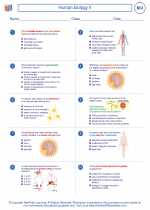 Human biology II
Human biology II  Vocabulary/Answer key
Vocabulary/Answer key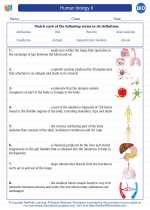 Human biology II
Human biology II  Vocabulary/Answer key
Vocabulary/Answer key Human biology II
Human biology II  Vocabulary/Answer key
Vocabulary/Answer key Human biology II
Human biology II  Vocabulary/Answer key
Vocabulary/Answer key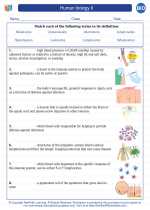 Human biology II
Human biology II  Vocabulary/Answer key
Vocabulary/Answer key Human biology II
Human biology II  Vocabulary/Answer key
Vocabulary/Answer key Human biology II
Human biology II  Vocabulary/Answer key
Vocabulary/Answer key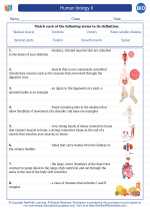 Human biology II
Human biology II 

 Worksheet/Answer key
Worksheet/Answer key
 Worksheet/Answer key
Worksheet/Answer key
 Vocabulary/Answer key
Vocabulary/Answer key
 Vocabulary/Answer key
Vocabulary/Answer key
 Vocabulary/Answer key
Vocabulary/Answer key
 Vocabulary/Answer key
Vocabulary/Answer key
 Vocabulary/Answer key
Vocabulary/Answer key
 Vocabulary/Answer key
Vocabulary/Answer key
 Vocabulary/Answer key
Vocabulary/Answer key

The resources above cover the following skills:
LIFE SCIENCE (NGSS)
From Molecules to Organisms: Structures and Processes
Students who demonstrate understanding can:
Develop and use a model to illustrate the hierarchical organization of interacting systems that provide specific functions within multicellular organisms.
Plan and conduct an investigation to provide evidence that feedback mechanisms maintain homeostasis.